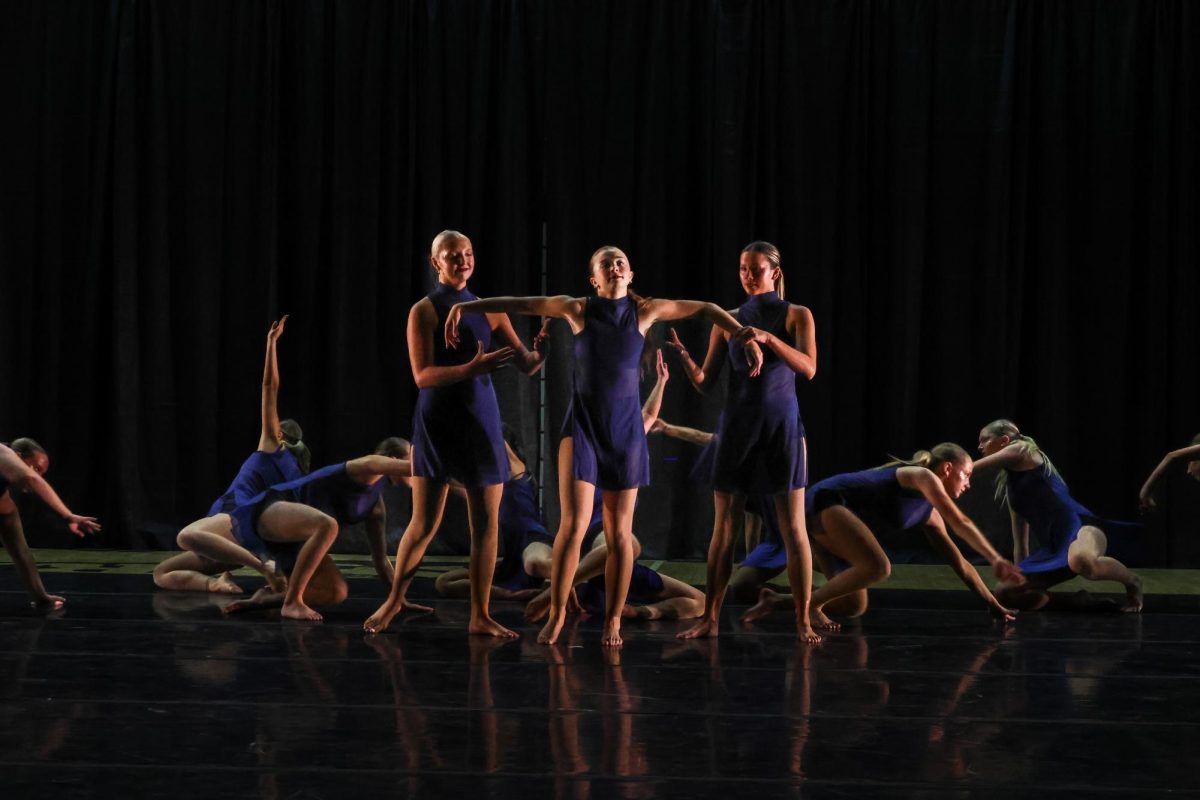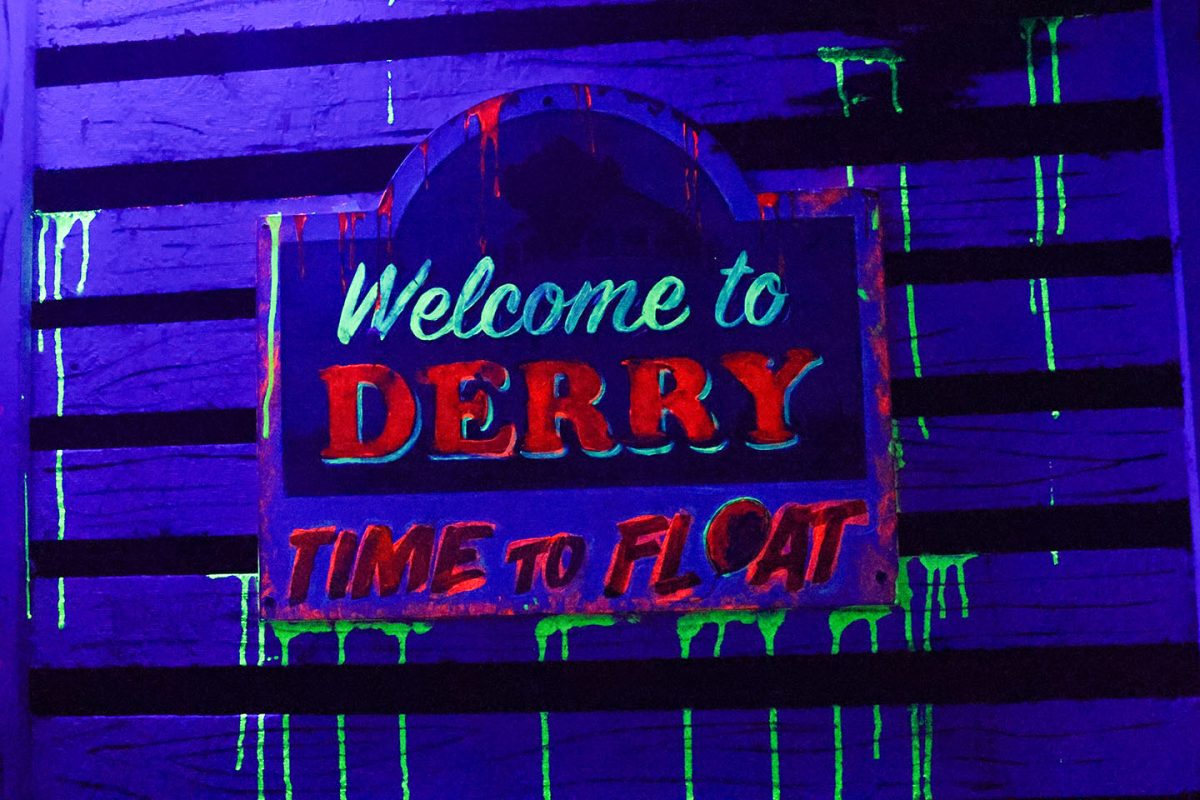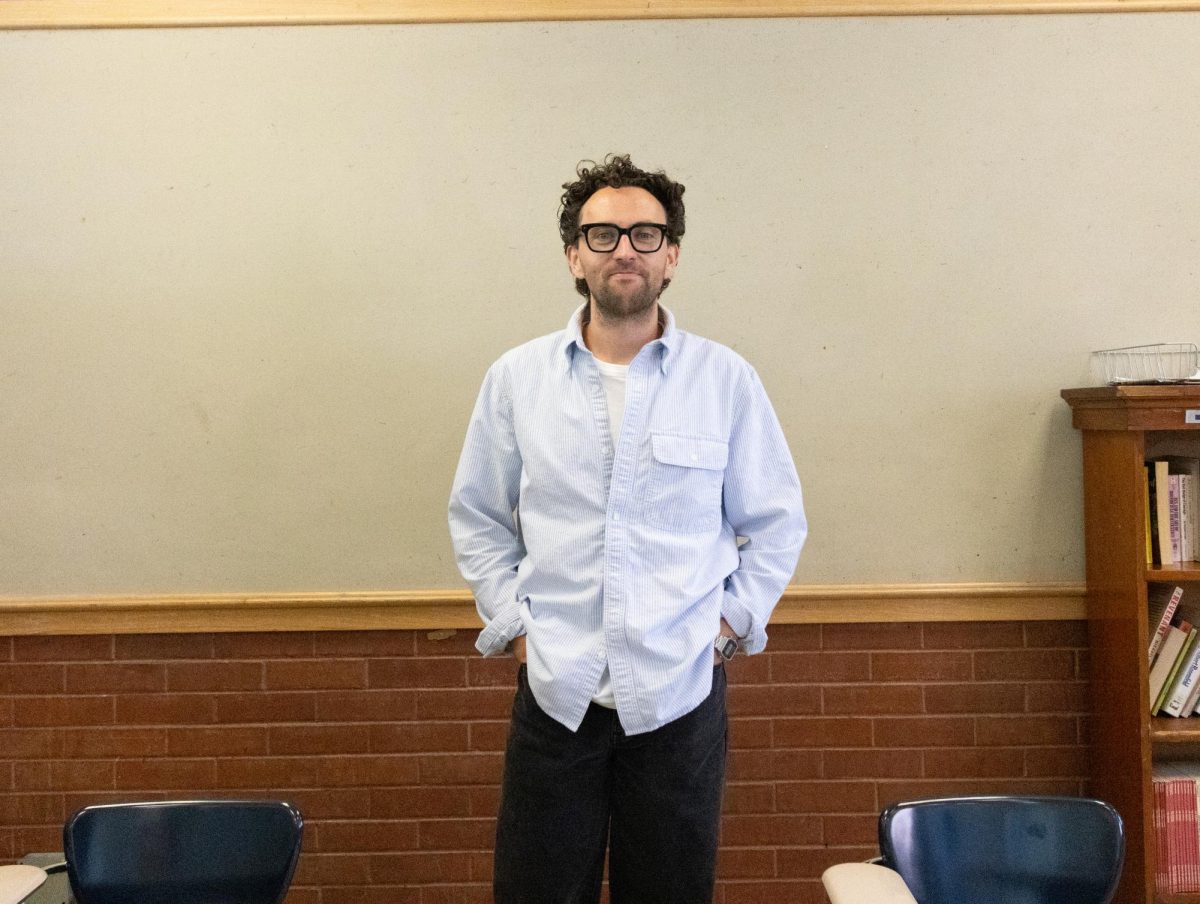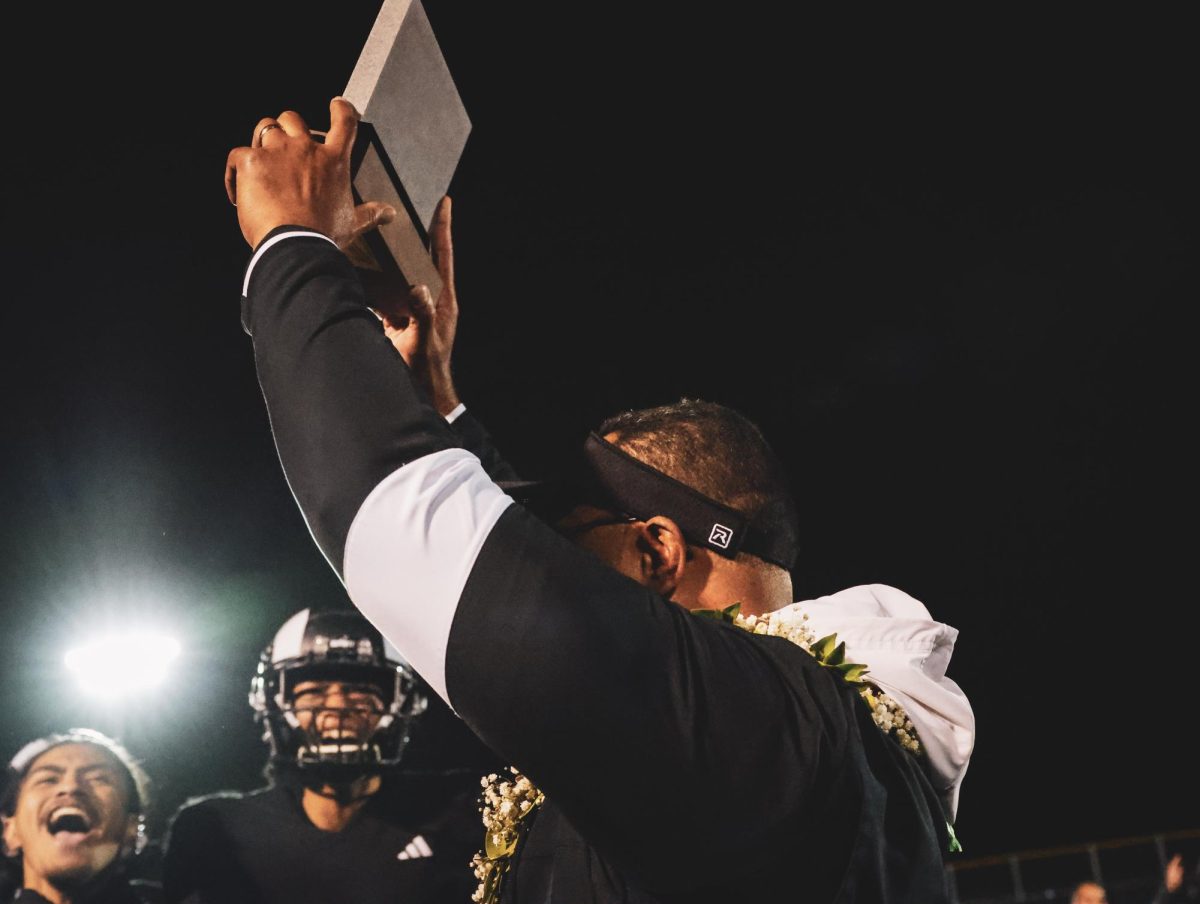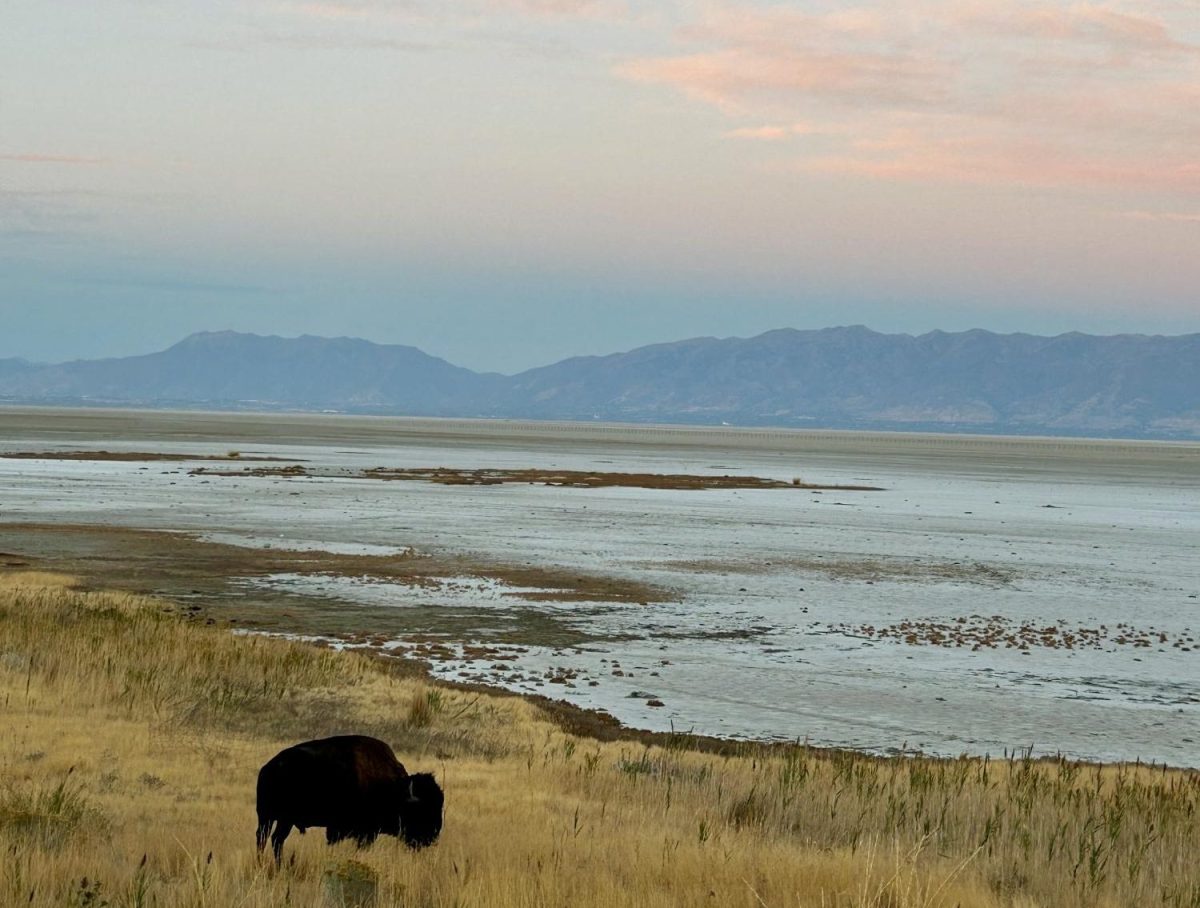Utah’s wild landscapes—red rock canyons, alpine lakes, and iconic national parks like Zion, are at the heart of why Utahans call this state home. For generations, people like me have taken pride in our outdoorsy lifestyle: hiking, climbing, fishing, hunting, skiing, and exploring public lands that, in theory, belong to all of us. However, we currently face a threat to our state’s identity from a new legislative push in Congress, exposing a deep rift between the outdoor values we cherish and the priorities of those representing us in government.
Earlier this month, I watched in disbelief as the House Committee on Natural Resources advanced an “amendment to the Budget Reconciliation bill”, a technical term that hid a radical proposal. If enacted, this measure would force the disposal of thousands of acres of public land in Utah and Nevada, including parcels right next to Zion National Park. These lands, which line our scenic byways and provide vital wildlife habitat, could be auctioned to the highest bidder with no public input, no environmental review, and no community engagement.
This isn’t just a bureaucratic shuffle. It’s a fundamental shift that could open the door to luxury housing, hotels, or industrial development on land that frames one of America’s most beloved parks. The amendment was pushed through in a split, midnight vote, with no congressional hearing or chance for Utahns (or any Americans) to weigh in.
The irony is hard to miss. Utah’s economy and identity are built on access to public lands. Residents and visitors alike flock here for recreational opportunities you can’t find anywhere else. Yet, the very lawmakers who benefit from Utah’s natural wonders are now supporting policies that could privatize and fragment the landscapes that make Utah unique.
Part of the reason my family moved here was for the fast access to wilderness we never had living in inner-city Minneapolis. Being able to step outside and find ourselves in free, wild, open spaces are a privilege I don’t take for granted.
This isn’t the first time I’ve seen Utah’s government clash with the public over land management. Lawsuits and legislative efforts to wrest control of federal lands have become a recurring theme, often justified by promises of local stewardship or economic gain, but the reality is often far from it. Most Utahns, regardless of political affiliation, oppose the sale or giveaway of public lands to private interests. These lands are more than economic assets; they’re the backdrop of our daily life, the source of community pride, and the foundation of Utah’s outdoor way of life.
The proposal’s immediate impact would be felt around Zion, where 311 acres adjacent to the park’s southern border and other key corridors could be lost to development. Conservationists warn that such a move risks not only wildlife habitat and scenic views but also the visitor experience that draws millions each year, possibly negatively impacting our state’s economy. Once these lands are sold, they are gone for good. Fragmented, developed, and no longer part of the public trust.
As Cory MacNulty of the National Parks Conservation Association put it, “Let’s call this what it is: an attempt by some members of Congress to auction off America’s public lands.” If Congress allows this to happen near a crown jewel like Zion, it sets a dangerous precedent for public lands across the country.
Unfortunately, this isn’t the only anti-environmental stance I’ve seen from Utah’s lawmakers in recent years. Other examples include:
The Utah legislature recently advanced an anti-Rights of Nature bill (HB 249), which explicitly prohibits granting legal personhood to bodies of water, land, plants, and nonhuman animals. This move was widely seen as a blow to efforts to protect places like the Great Salt Lake, which is at risk of disappearing due to overuse and drought.
Some also include things like less protections surrounding pollution:
The 2025 legislative session saw several bills that weakened local control over pollution and environmental planning, limited public oversight on radioactive waste dumping, and paved the way for more mining and industrial development at the expense of environmental and public health.
Utah lawmakers have also pushed for changes in environmental permitting that could make it easier for polluting industries to operate with less oversight, including modifications to air quality rules and permitting processes.
In a broader legal challenge, Utah is currently asking the U.S. Supreme Court to force the federal government to transfer control of millions of acres of public land to the state, a move that could open these lands to largely unregulated extraction and development.
As a resident of Utah, I believe we must decide which values will define our future: the short-term gains of privatization or the long-term legacy of public stewardship. Our outdoor lifestyle and economy depend on keeping lands open, wild, and accessible, not parceled off behind “private property” signs.
The amendment now heads to a full congressional vote. For Utah’s outdoor community, and for all Americans who treasure their public lands, this is a moment to speak up and demand that lawmakers respect the values that have shaped our state’s identity for generations. The land belongs to all of us. It’s time we act like it.
